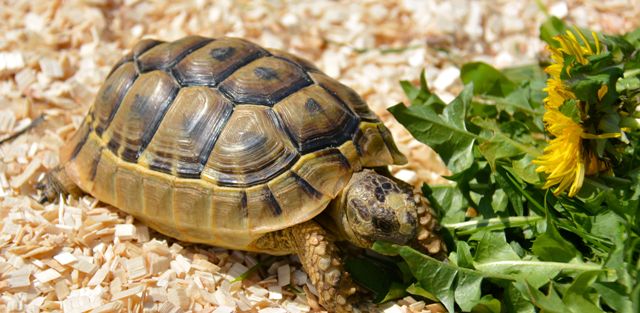Herbal remedies in veterinary medicine
Well known from human medicine: Plants can help! However, it should be warned and reminded here that cats and dogs are not simply 'little people'! There are many plant substances that are harmless to humans, but in dogs and especially in cats (as pure carnivores) can develop serious poisonous effects over the short or even long term.
Cats in particular do not tolerate many herbal ingredients well. But as dog owners should know, even onions, garlic and grapes can cause poisoning in dogs and therefore do not belong in the food! The often applied principle that everything derived from plants is natural and therefore necessarily healthier is a misconception and can have serious consequences. So please do not simply use preparations for humans in animals without more detailed knowledge.
For example, the pyrethroids originally from the flowers of chrysanthemums are toxic to cats! They cannot break down these substances well and thus die from the consequences of poisoning. Pyrethroids are sold as insect and parasite repellents. Therefore, great caution should be exercised when dealing with natural parasite repellent products that are not registered as medications and therefore have no toxicity testing or proof of efficacy. Many of these products also contain vegetable essential oils, which are not safe for cats! Our pets are there unfortunately in no way protected by a control body!
Of course, we do not want to make all plants and their valuable active ingredients bad here! Many plants have found entrance into the veterinary medicine or were at least the model for many medicines! However, one must absolutely consider the animal species-specific effect differences to do just good!
It is very costly to examine plants for their potentially toxic effects. Therefore, for many plants this evidence is lacking and, unfortunately, proven preparations have to be withdrawn. However, new plant extracts are also coming onto the market that are promising (see also our chapter on osteoarthritis in the section Information for the animal owner).
Other common uses of herbal preparations can be found in veterinary medicine, for example, in supporting liver function (fennel, yucca, psyllium plantain), bile flow (milk thistle) and kidney function (rhubarb root, meadowsweet), in supporting the immune system (echinacea), for anti-inflammation (witch hazel, orange blossom) or for nervous stabilization (hops, milk proteins).
Plants containing special active ingredients are classified as veterinary medicines due to their effect and may not simply be added to feed, but must be registered as medicines! There are lists for this purpose of the licensing authority for medicinal products in Switzerland (swissmedic). One does well if one uses the approved medicines or feed additives in the indicated dosage. Overdosed or wrongly selected, herbal active ingredients are not less harmful than "chemical" drugs that are used incorrectly.

